Would Bill Shorten’s plan for government take Australia in the direction of East Germany, as Finance Senator Mathias Cormann has claimed? What might that entail?
My mother left East Germany three months before the barbed wire cut Soviet Berlin off from the territories of the Western Allies. In the Eighties I spent school holidays with my grandparents in East Berlin. I had a chance to see much more than the crappy ice cream, limited choice and empty supermarket shelves. So I get what Cormann is trying to say.
The first and most important point to make is that the Soviet model of socialism was about redistribution to achieve equality of outcome, not opportunity. Shorten claims to be focused on creating opportunity. But his rhetoric is a dog whistle to envy. He evokes the economy class versus the business class tax system, the latter ‘beyond the curtain… where a different tax menu is served’. For those lucky enough to have flown, it’s a powerful image.
But there’s no such thing as equality of outcomes for humanity. Even when the best are hobbled to reduce the gap between rich and poor, you can’t force weak performers to excel. And society needs high achievers. This is why the Berlin Wall was built – and why Venezuela is now preventing people from leaving. Because ambitious people leave as fast as they can, to places that allow them to shine. The weakest can’t make up the loss. This is, I suppose, what Cormann meant by an exodus of the successful. In Australia, where the top 1 per cent pays around 18 per cent of income tax, losing our highest earners would have a significant impact on the budget.
Next, we need to look at what happens to industry when redistribution is taken to extremes. The experience of the Soviet Union is that people rationally reduce their output. Anecdotally, I can tell you about a freelance friend of mine who has worked out exactly how much tax he is content to pay and ensures he works below that threshold, though he is in hot demand and could do much more. Every tax dollar he doesn’t pay is lost to our social services and safety net. Australia’s top tax rate is 47 per cent – but 47 per cent of nothing is nothing.
And let’s say instead of invisible (but value-adding) consulting, his product were a key foodstuff. Again, this is what happened in the Soviet Union, where the productive land-holding peasants were forcibly relieved of their produce. They rationally put in less effort, because their effort wasn’t worth the reward. And when they produced less, there was a shortage of essential goods.
When there is a shortage of goods and people aren’t allowed to accumulate wealth, how are goods distributed? Simple: the people in power get first dibs. So if you think we’ve already got a problem with inequality, wait until money is replaced by power as the primary unit of exchange. This skews society so that you have to be part of the regime to get hold of desirable goods. When things go really wrong, as they have in Venezuela, desirable goods include food and toilet paper. The latter might seem like a joke, but widespread starvation is not funny. And toilet paper crime is now rampant in Venezuela, where truckloads are hijacked and exchanged on the black market.
How is power accrued in a system of this sort? By toeing the party line of course. Freedom of expression is the first casualty. And because some people just can’t be controlled by the carrot system alone, the government inevitably wields a very hefty stick. Think Stasi, think gulags.
If this is starting to sound too theoretical, here’s an example. On 17 July 1953 the East German workers who were tasked with rebuilding Berlin marched down the Stalin Allee to protest the harsh conditions and terrible pay. They were mown down and shot at by Soviet tanks. My grandfather photographed the uprising from his apartment window. There was a shortage of housing following the destruction of Berlin and families were crammed into single rooms in shared housing, but my grandfather had three rooms for his three-person family, as well as new-fangled central heating. He didn’t get that apartment because he saved more money than others, it was allocated to him by the government. Likewise, when regular East Germans were driving around in the notorious East German lemon car called the Trabant, my grandfather was allocated one of only sixty VWs in East Berlin. His daughter got to study the trade that interested her. Again: if you think money isn’t important, wait until there are goods that money genuinely can’t buy.
Addressing inequality with redistribution is a delicate balance. Where it is taken to extremes, it has resulted in more inequality whenever it has been tried. It exacerbates influence peddling and results in state oppression. As the economy shrivels, everybody becomes poorer – the poor as well as the rich. And this is the greatest irony of these attempts to help the poor: it’s they who end up losing the most.
Tony Burke hilariously tweeted that ‘Without Mathias Cormann I never would have known the Soviet Union was built on negative gearing and discretionary trusts’. It sure wasn’t. It was built on stripping the people and businesses that power the economy of their ability to invest. Think about it.
Got something to add? Join the discussion and comment below.
Get 10 issues for just $10
Subscribe to The Spectator Australia today for the next 10 magazine issues, plus full online access, for just $10.
You might disagree with half of it, but you’ll enjoy reading all of it. Try your first month for free, then just $2 a week for the remainder of your first year.

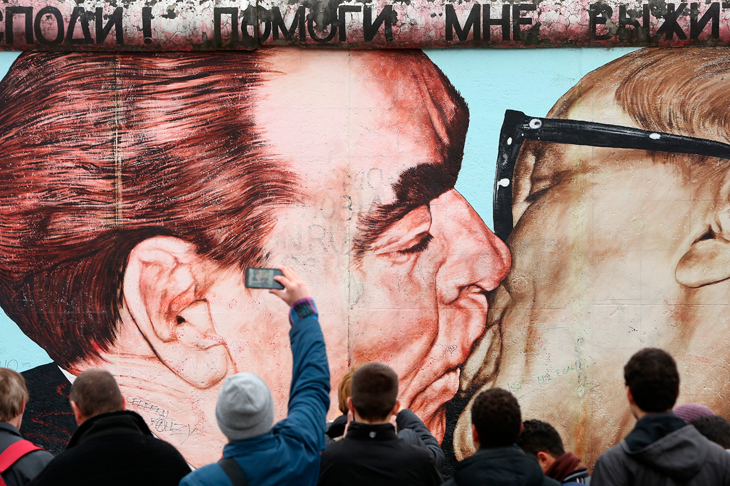
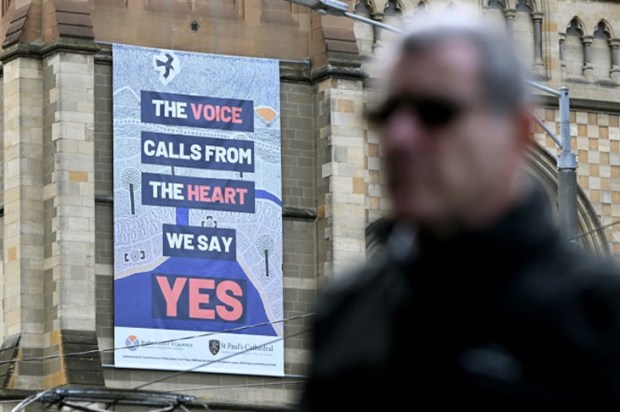
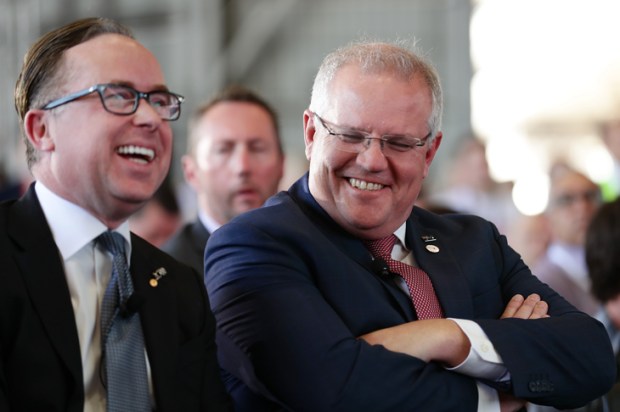

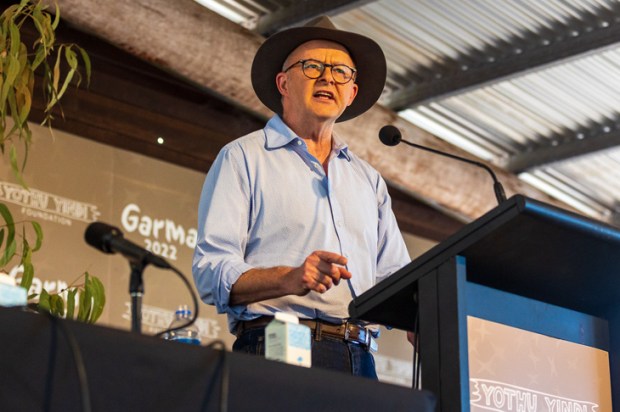

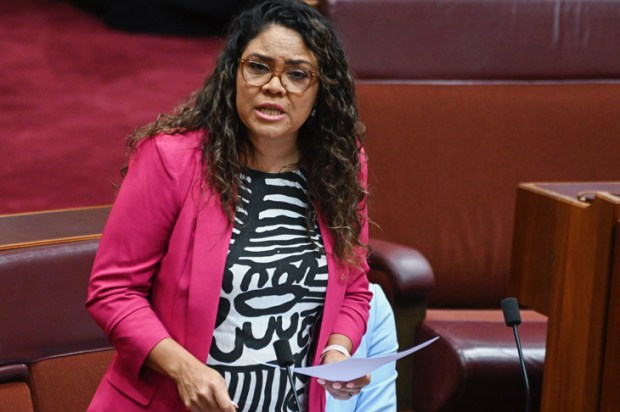






Comments
Don't miss out
Join the conversation with other Spectator Australia readers. Subscribe to leave a comment.
SUBSCRIBEAlready a subscriber? Log in